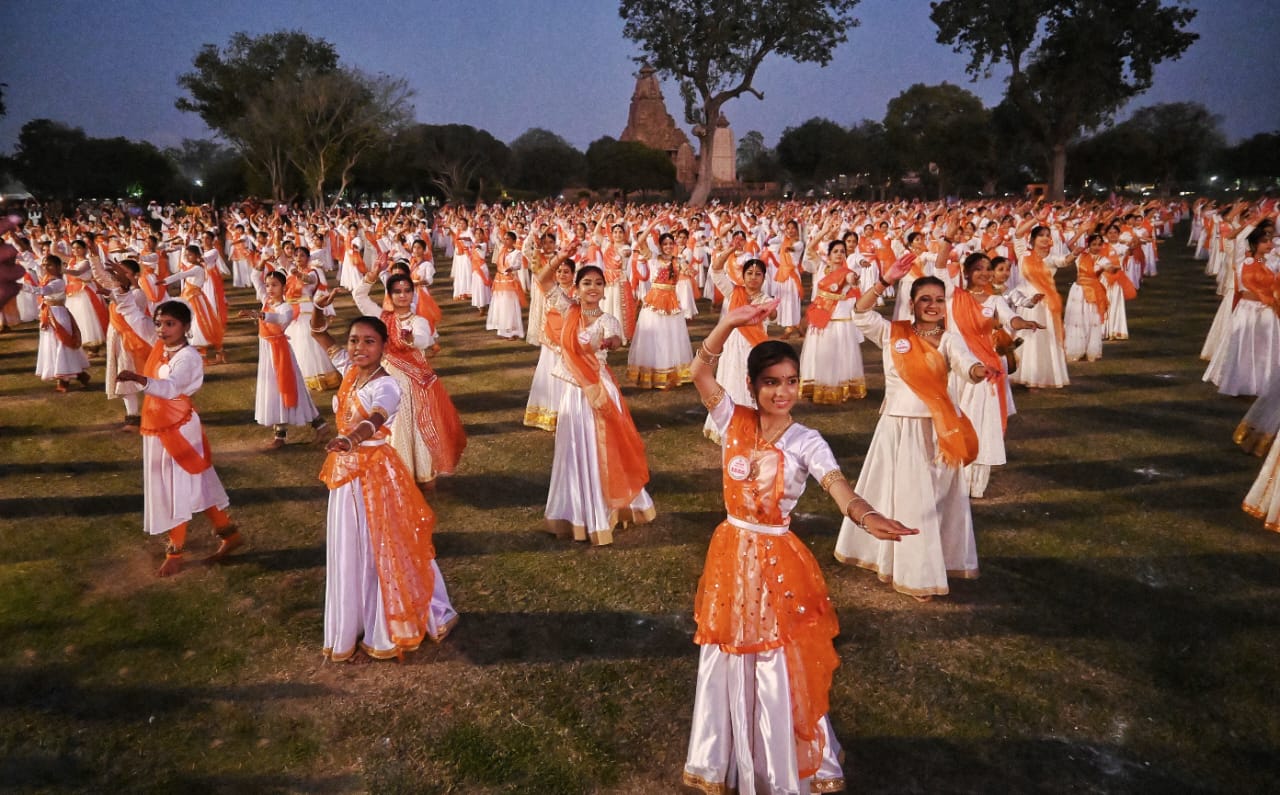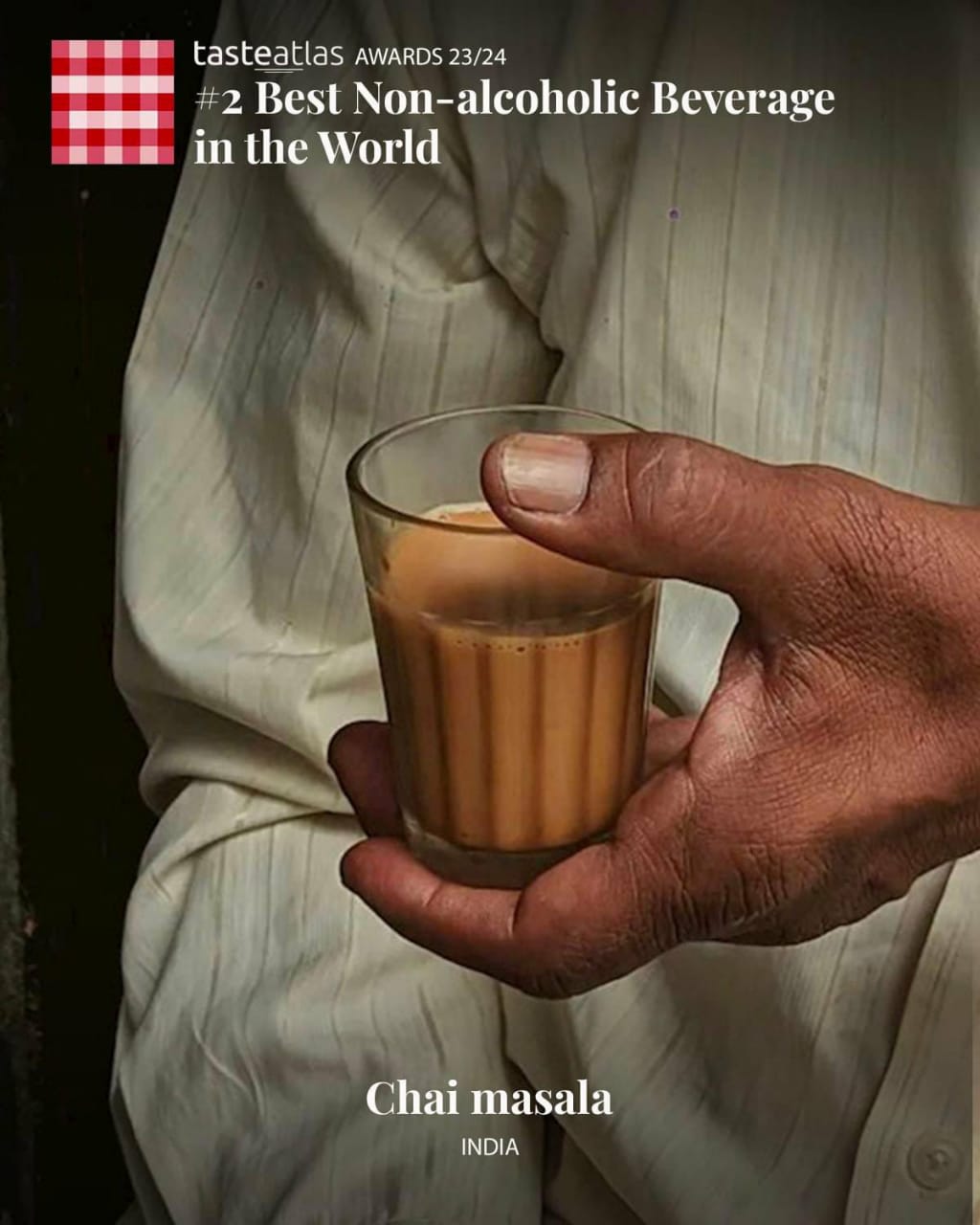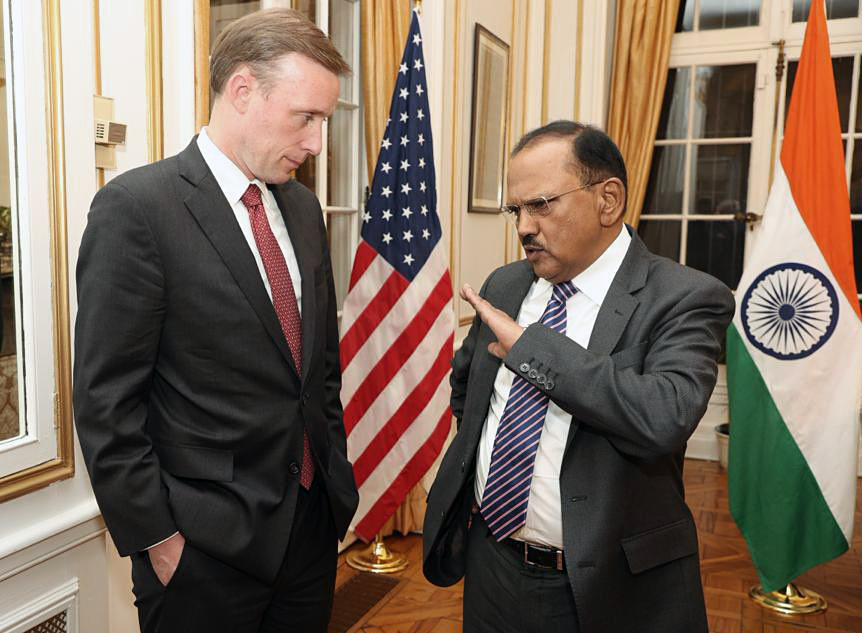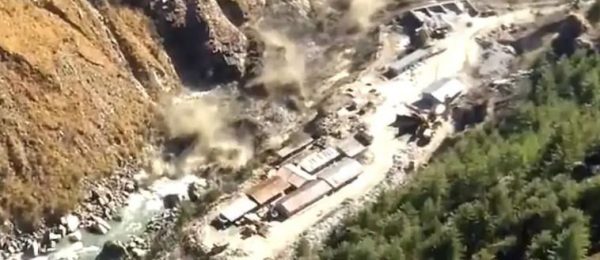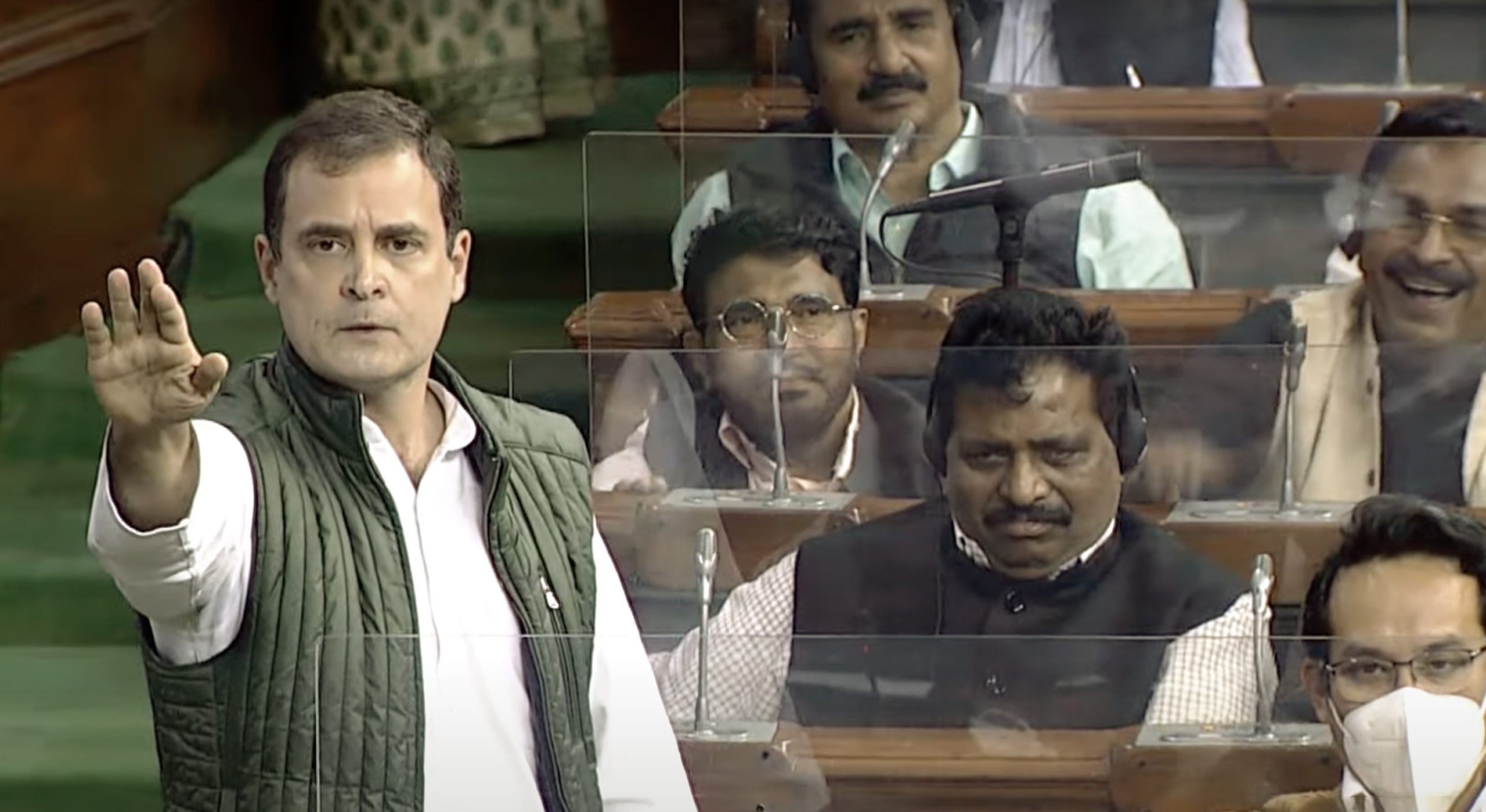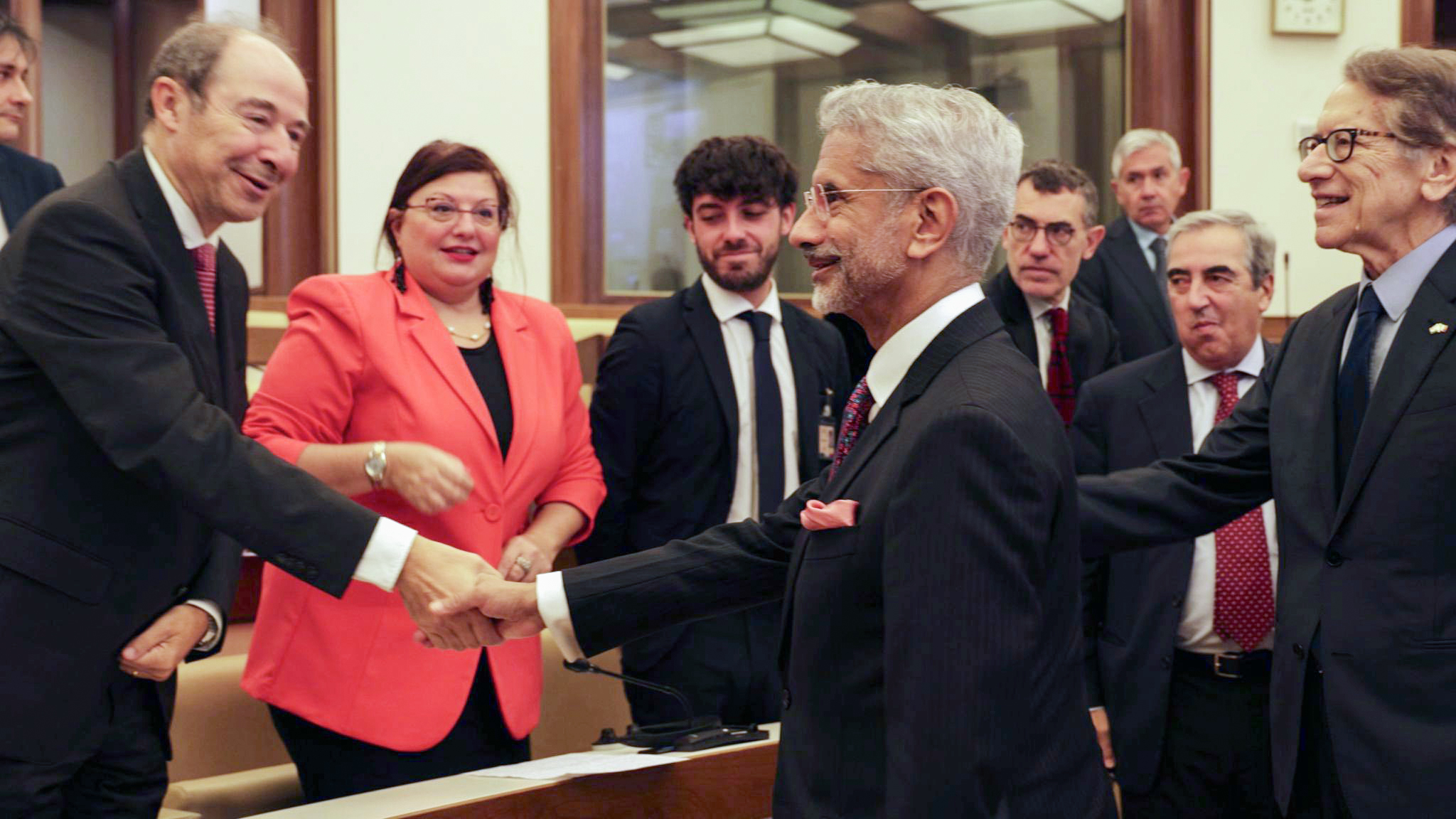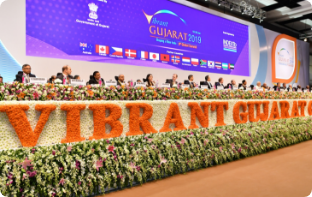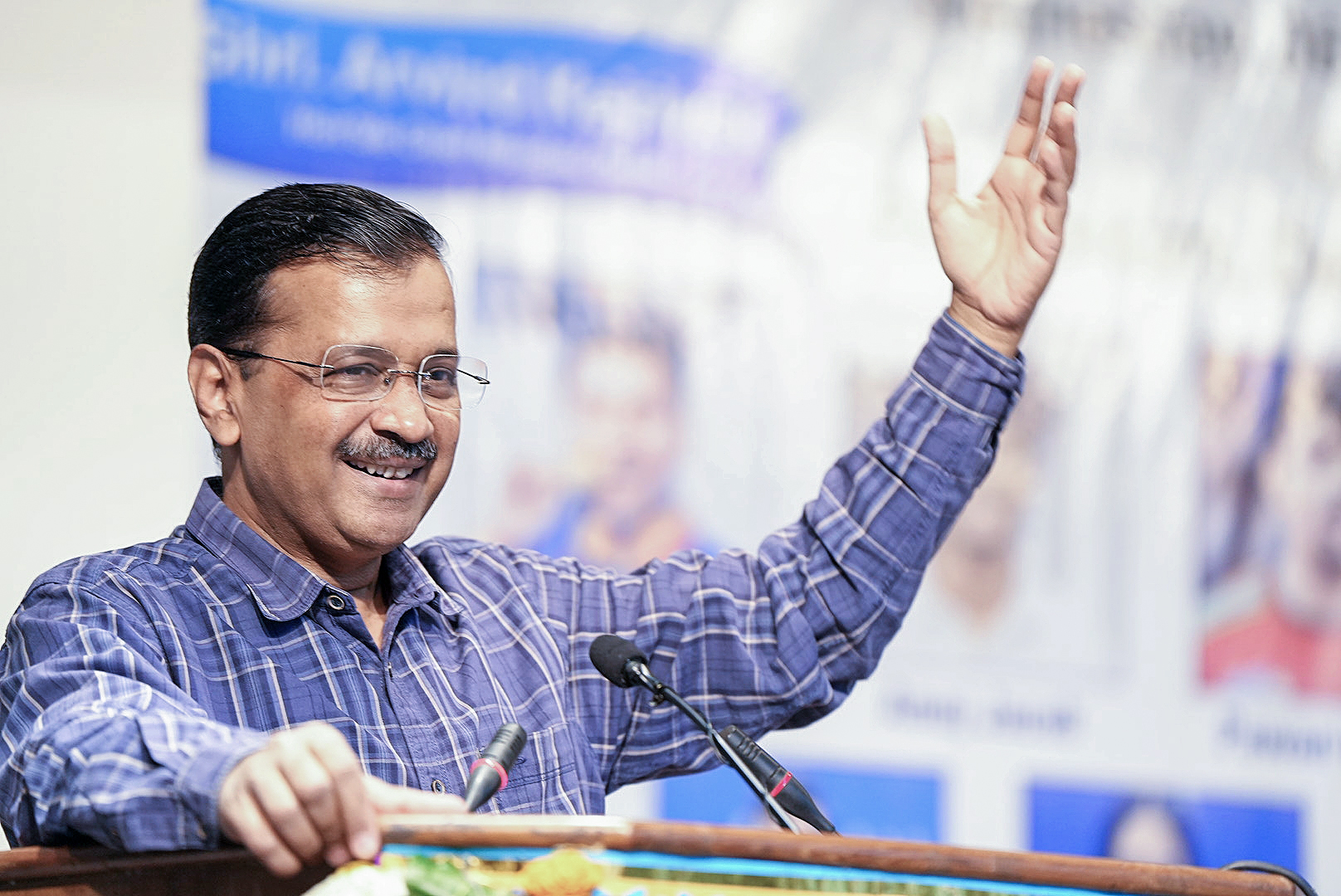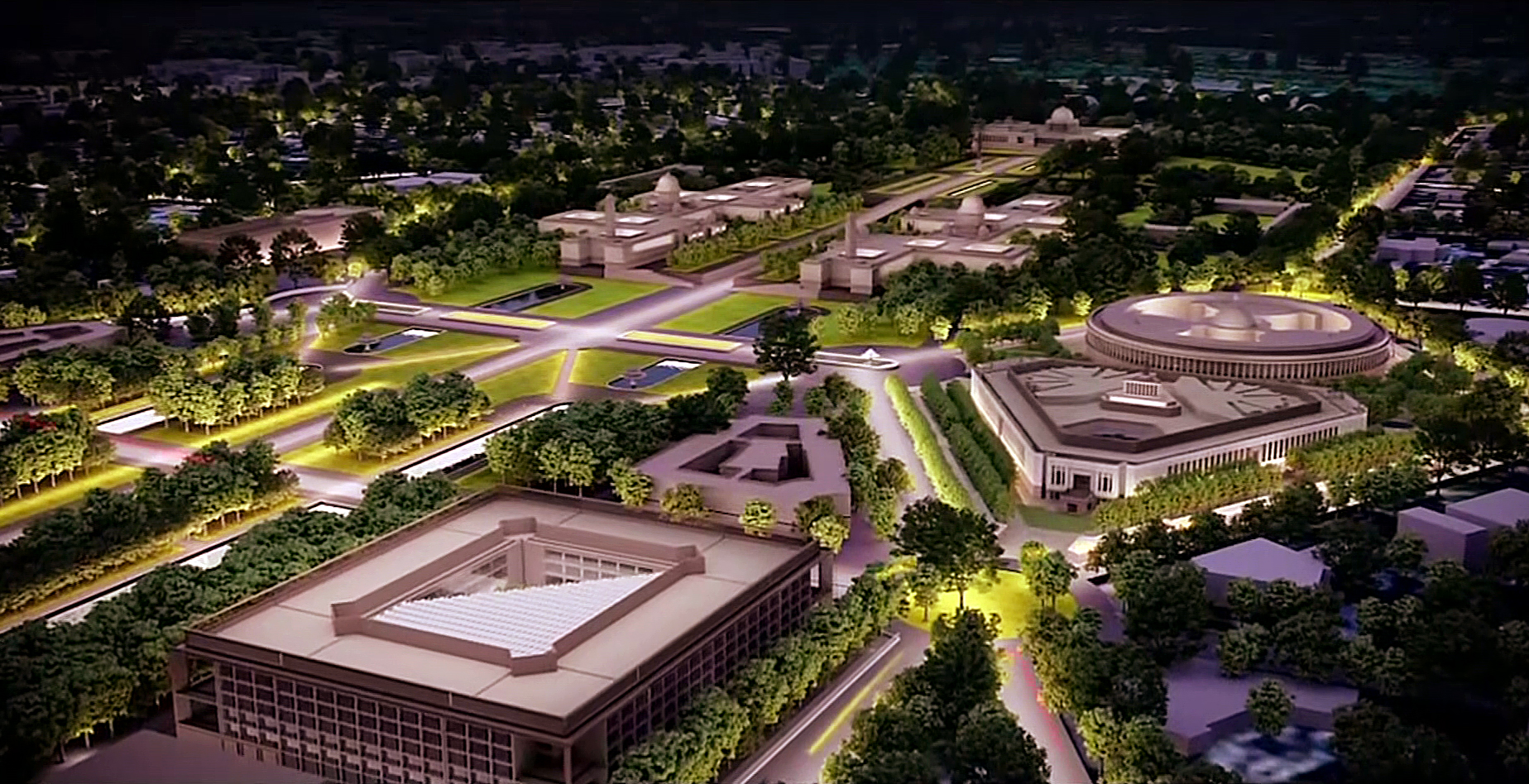Our Bureau
Khajuraho, MP
A Guinness World record was created on February 20th at the 50th Khajuraho Dance Festival with as many as 1,484 Kathak exponents dancing on the rhythm of ‘Raga Basant’. The Khajuraho Dance Festival, organized by the Madhya Pradesh Kala Parishad, is a one-week festival of classical dances held annually beside the Khajuraho temples in the Chhatarpur district of Madhya Pradesh state in India. The festival is conducted in February from the 20th to the 26th. at Khajuraho, a UNESCO World Heritage Site.
The record was created on the opening day of organized by the state government, an official release said. “The largest Kathak dance was achieved by the Department of Culture, Government of Madhya Pradesh, during 50th Khajuraho Dance Festival on February 20,” said a certificate issued by the Guinness World Records. A performance by 1,282 tabla players, playing simultaneously at the Tal Darbar program under the Tansen Samaroh in Gwalior a month and a half ago, had also found a place in the Guinness World Records.
Following the achievement, Chief Minister Mohan Yadav announced to set up the country’s first gurukul for training of tribal and folk arts in Khajuraho. Yadav said the festival of cultural revival is being celebrated all over India under the leadership of Prime Minister Narendra Modi. In this series, this sadhana dedicated to Lord Nataraja Mahadev will become the pride of Indian culture and guide the future generations.
“Dance and worship is the path of worship of God. This is a sacred medium of direct contact with God,” the CM said. Yadav congratulated dance gurus and dancers from different cities of the state for creating the record. Under the choreography of renowned dance guru Rajendra Gangani, dancers from different cities of the state presented a 20-minute performance composed in Raga Basant.
“The proposed gurukul will be envisioned in such a way that traditional skills and indigenous knowledge systems will be protected along with their holistic development in rural life. Along with this, the legacy of ancestors will also get expanded,” Yadav said.
















